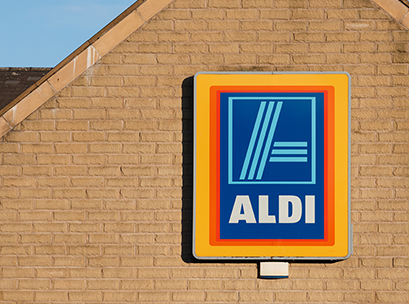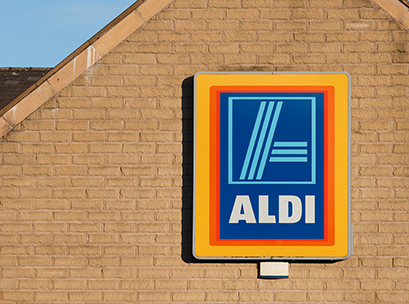 Research firm Roy Morgan on Tuesday released the findings of its latest Net Trust Score survey, revealing the most trusted brands in Australia. Aldi once again took out the top spot, while Bunnings ranked second, which together made retail the most trusted sector in the country.
Research firm Roy Morgan on Tuesday released the findings of its latest Net Trust Score survey, revealing the most trusted brands in Australia. Aldi once again took out the top spot, while Bunnings ranked second, which together made retail the most trusted sector in the country.
“If we look broadly at the drivers of trust, people talk about things to do with customer service, reliable products and services. If you think about retailers, they have a lot of contact with people, there’s that proximity to the customer, which stands them in good stead [when it comes to trust],” Roy Morgan CEO Michele Levine told IRW.
Levine noted that Aldi and Bunnings may not have the most stringent sourcing and manufacturing track records in retail, or the most impressive stores, but the reason they are the most trusted retailers in the country is that they deliver exactly what they say they will.
“With Aldi and Bunnings in particular, it’s that ethical behaviour of not promising what you can’t deliver. What you see is what you get,” she said.
“People tend to think that customer satisfaction and trust is about being the best, but Aldi doesn’t promise to have the widest aisles, biggest range, or most gorgeous shopping experience, they’re just Aldi.”
The survey was conducted in July and built on previous surveys conducted by Roy Morgan in October 2017 and January, February and April of this year. Over the course of the surveys, the research firm asked more than 10,000 Australians to nominate brands they trust and distrust, and why. Surveys were unprompted and open-ended.
Levine said the subject of trust is of crucial importance to businesses today and should be discussed and dealt with by key leadership.
“It’s not just a marketing, comms thing; it really is a cultural thing. The board needs to be asking whether the business can be trusted. If something came out, would the business would be embarrassed by it?
“You need trust to operate,” Levine said, “distrust is game over. It can very quickly cause customer churn and disengagement, and it’s a sign that you might not have a sustainable future. We’re urging people to look deeply for signs of distrust, rather than just celebrating a high NPS.”
Five key factors drive trust
Levine’s comments echo insights from a recent survey conducted by Monash University’s Australian Centre for Retail Studies (ACRS) research unit, which in July released the results of its inaugural Consumer Retail Trust Index.
“Our research shows that customers who have a high level of trust in a retail sector are more likely to make a purchase soon, they’re more likely to be loyal to one store over another and they’re more likely to recommend that store to their family and friends,” Dr Eloise Zappos, ACRS research unit’s senior research consultant, told IRW at the time the index was released.
According to the ACRS, five key factors drive trust in retail, including employees, store presentation, product quality and innovativeness, communications and information security. Consumers tend to prioritise different attributes in different sectors, but overall, trust is highest in supermarkets and lowest in online-only retailers.
But as Roy Morgan’s Levine noted, simply being in the supermarket category is not necessarily a ‘protective’ factor for retailers.
“We had messages come through about plastic bags, and how farmers are being treated and how suppliers are being treated… people really liked a brand, but after they found out, they were devastated,” she said.






